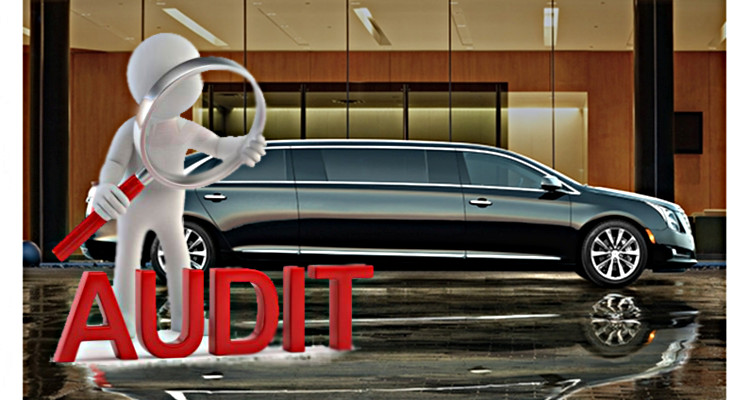Some of the 40 VIP gambling promoters accounts that have been reviewed by Macau‘s casino regulator so far have proved to have faults, but the severity of the issue is not clear yet.
Macau’s Gaming Inspection and Coordination Bureau (DICJ) has reviewed about 40 of the 126 licensed junket operators and according to DICJ head Paulo Martins Chan, the ongoing audit shows that some of the operators may not be so good with numbers.
The first phase of the audit which will include all licensees should be done by August, according to a report today on Teledifusão de Macau.
Speaking on the sidelines of day two of the three-day Global Gaming Expo Asia (G2E Asia), the Director told reporters, “We had started junket audits during this year,” he said. “Until now we did around 40, 40 junkets. Some of them are good, of course, some others need some improvement. So we had told them to improve their accounting system. Off course we want to keep those that are financially healthy and are capable,” according to various outlets.
Money laundering has long been a concern in Macau and the gambling sector there is mentioned fairly frequently in international reports on the subject, usually in regard to potential risk, rather than any actual documented crimes that may have occurred.
One DICJ junket audit was announced in April 2016, and by November of last year, the government let it be known that they planned to do a very specific audit of the operators on credit issuance records and so-called “temporary deposits” that the junket operators accept.
The junket operators act as middlemen who attract high rollers to casinos. Players settle their debts when they are done gambling. Some reports place as much as half of Macau’s gaming revenues as coming from the gaming promoters. After more than two years of declining revenues due to Beijing’s crackdown on graft, corruption, and money laundering Macau has seen a steady nine-month recovery – most of it in the mass market sector. Mr. Chan reportedly put the numbers at more or less 53% of revenues coming from VIP gamblers and 47% from the mass market. He was happy with that ratio.
About 15 of the operators left the market in 2016.
A new scheme to combat money laundering was introduced earlier this month to curb the misuse of Chinese mainland UnionPay cards. In order to withdraw money from ATMs, people will need to scan their official identity card and subject themselves to facial recognition technology. The new machine rollout will begin inside and near casinos, but most casino industry spokespersons and the government have said the development should not adversely affect revenues in the long term.
“Well, first of all, we always defend all the economic activities must be legal, must be legal. So any measure that [is] trying to enforce this we, of course, show our support, although this is not the competence of the DICJ. Regarding the impact, we don’t think there is much impact”.



